From the article:
"What do you do when you build a preschool class—but many of the children never show up?
That's what happened at the Head Start program overseen by the Community Action Project of Tulsa in Oklahoma, or CAP Tulsa for short. In September 2016, 135 preschoolers—fully 20 percent of the program's Head Start population—never appeared at the start of the school year, even though their parents had enrolled them.
CAP Tulsa, as it has often done in the past, turned to data both to figure out the problem and devise a solution. And in doing so, it provided an example of how all of Head Start's 1,600 grantees are now expected to infuse data into their decisionmaking and continuous-improvement processes."
Read the rest of the article.





